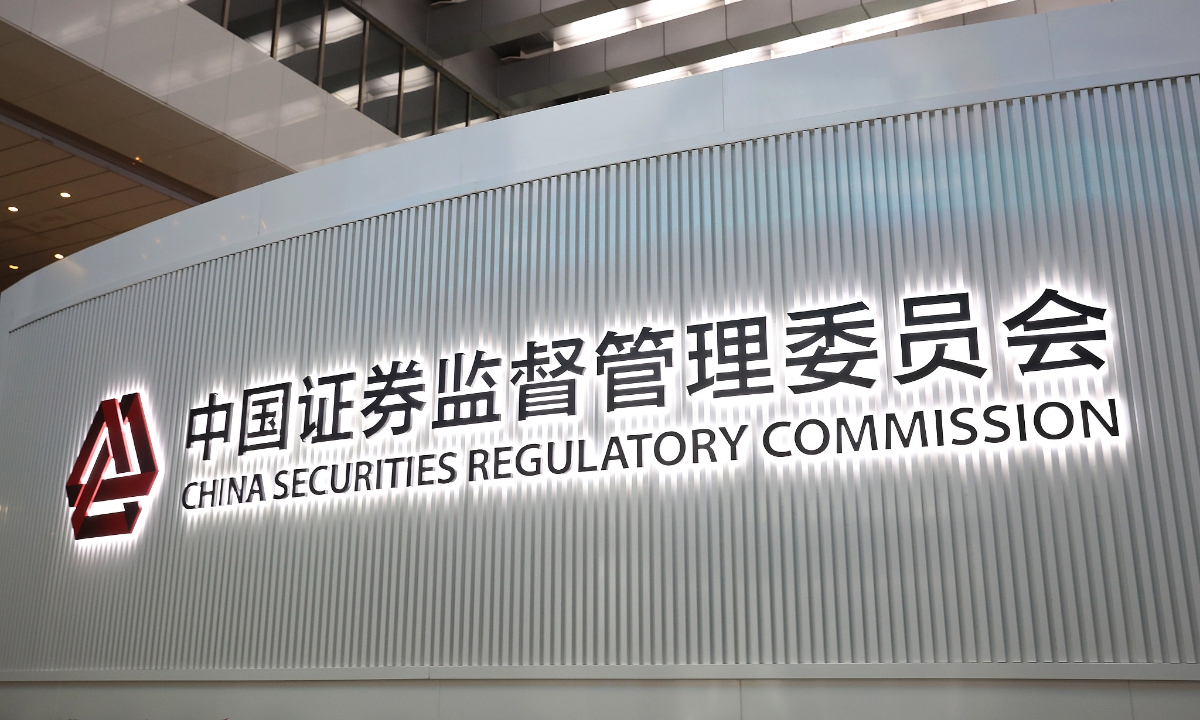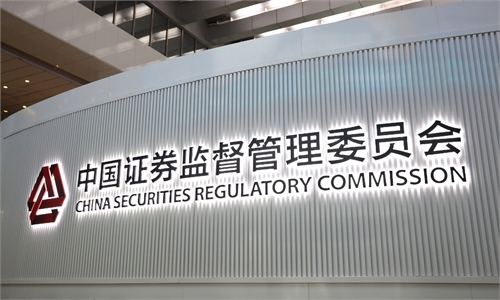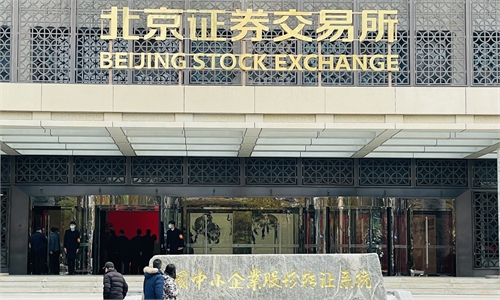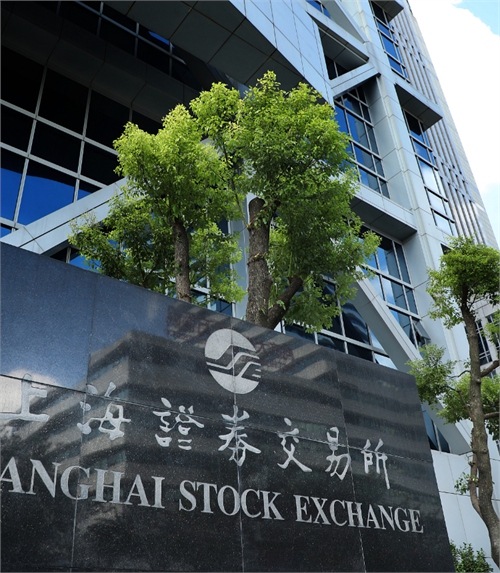Enhanced market supervision to accompany reform of registration-based IPOs: official

China Securities Regulatory Commission in Beijing Photo:VCG
The reform of the registration-based initial public offering (IPO) system will go hand in hand with stricter market monitoring and supervision, and the "entrance to the stock market" will be closely scrutinized, NPC deputies and CPPCC members said at the ongoing two sessions in Beijing.
Listing regulations should secure the "entrance" should be strictly monitored, while continuous supervision remains critical to "improving the quality of public companies," and at the same time, the "exit" of listed companies from the market will be fully open, Jia Wenqin, director of the Beijing Securities Regulatory Bureau and a deputy to the 14th National People's Congress (NPC) said, according to media reports.
The reform of the registration system is a profound one involving the regulator's supervision philosophy and methods, Jia said.
With the implementation of the registration system, all kinds of participants in the capital market and their behavior will become more complex and diversified, and the capital market will be affected by more internal and external factors, which will inevitably put forward higher requirements for regulatory ability, Jia noted.
Luo Wei, an official from the China Securities Regulatory Commission (CSRC) and a member of the 14th National Committee of the Chinese People's Political Consultative Conference (CPPCC), pointed out that increasing the cost of breaching the law and severely punishing illegal activities such as fraudulent issuance and fraud are important prerequisites for a healthy capital market in the country.
CSRC will continuously improve the connection mechanism between administrative punishment, civil compensation and criminal liability, so as to form a three-dimensional joint enforcement syste, Luo said.
China officially rolled out its across-the-board registration-based IPO system on February 17, with rules involve simplifying listing requirements, optimizing registration procedures, improving the regulations on underwriting and equities restructuring and law enforcement, and stepping up the protection of investors, according to the country's securities regulator.
The essence of this reform is letting the market make choices under tightened market and legal constraints, officials noted.
Global Times



